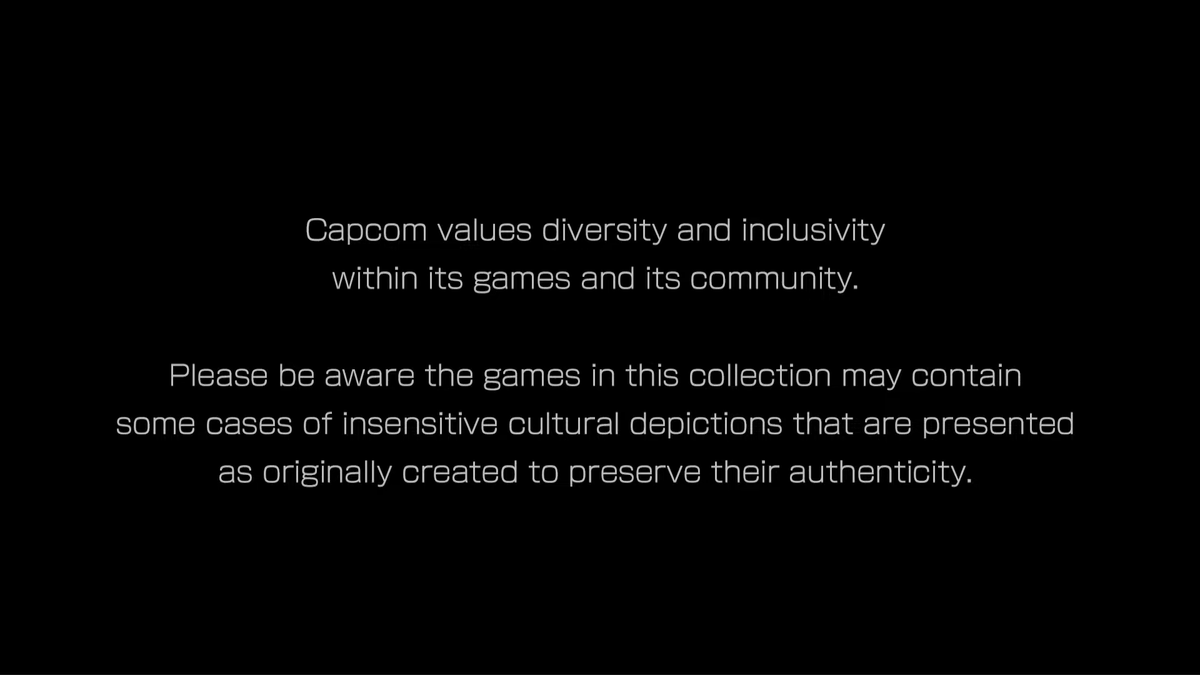When we talk about waste management, it’s not just about trash cans and recycling bins. It’s about people, communities, and the systems that govern how we deal with waste. And let’s be real—sometimes, those systems are racist. Yeah, you heard me right. Waste management racist is a real issue, and it’s time we shine a light on it.
Think about it: why do some neighborhoods have cleaner streets and better waste management systems, while others are left drowning in garbage? Why do low-income communities and communities of color bear the brunt of pollution and toxic waste disposal? The answer isn’t just bad luck—it’s systemic inequality, and it’s time we talk about it.
This isn’t just a niche issue. Waste management racist practices affect millions of people worldwide. It’s about environmental justice, public health, and the basic human right to live in a clean and safe environment. So, grab a coffee, sit tight, and let’s dive into this important conversation.
Read also:Unveiling The Life And Legacy Of R J Hughes A Journey Through Time
What Does Waste Management Racist Even Mean?
Let’s break it down, shall we? Waste management racist refers to the unequal distribution of waste facilities, landfills, and pollution across different communities. It’s not just about where the trash goes—it’s about who gets impacted by it. And spoiler alert: it’s usually marginalized communities that suffer the most.
Here’s the kicker: studies show that waste facilities are disproportionately located near low-income neighborhoods and communities of color. This isn’t an accident. It’s a result of decades of discriminatory policies, redlining, and environmental racism. Think about it—would you want a landfill in your backyard? Probably not. But guess who does?
How Did We Get Here?
Environmental racism didn’t happen overnight. It’s the result of centuries of systemic oppression and discriminatory practices. From redlining in the 1930s to modern-day zoning laws, the deck has been stacked against marginalized communities for a long time.
Let me give you an example. In many cities, industrial facilities and waste disposal sites are concentrated in areas where people of color live. These communities are often excluded from decision-making processes, leaving them voiceless and vulnerable. It’s a vicious cycle that perpetuates inequality and environmental injustice.
Why Should You Care About Waste Management Racist?
Here’s the thing: this isn’t just someone else’s problem. Environmental racism affects us all, whether we realize it or not. Pollution doesn’t stay contained in one neighborhood—it spreads, impacting air quality, water sources, and public health on a global scale.
But for communities on the front lines, the effects are immediate and devastating. Higher rates of asthma, cancer, and other health issues are directly linked to living near waste facilities and toxic sites. And let’s not forget the economic impact—property values plummet, making it harder for families to invest in their homes and communities.
Read also:Rachel Garley Nude Debunking Myths And Focusing On The Real Story
Health Impacts of Environmental Racism
Let’s talk numbers. Studies show that people living near waste facilities are more likely to suffer from respiratory diseases, cardiovascular problems, and even cancer. And guess what? These communities are often underfunded and lack access to proper healthcare, making it even harder to address these issues.
For instance, a report by the Environmental Protection Agency (EPA) found that African American communities are 75% more likely to live near toxic waste sites compared to their white counterparts. That’s not a coincidence—that’s systemic racism at play.
The Role of Big Corporations
Big corporations play a huge role in perpetuating environmental racism. They often choose to build waste facilities and factories in low-income areas because they know these communities have less political power to fight back. It’s a sad but true reality.
But it’s not just about location—it’s also about how waste is managed. Many companies cut corners to save money, leading to improper disposal of hazardous materials. This not only harms the environment but also puts the health of nearby residents at risk.
Corporate Responsibility: Are They Doing Enough?
Some companies claim they’re committed to sustainability and environmental justice, but their actions often tell a different story. Greenwashing is a real thing, folks. It’s when companies pretend to care about the environment while continuing to engage in harmful practices.
So, what can we do about it? Hold them accountable. Demand transparency. And most importantly, support businesses that genuinely prioritize sustainability and social justice. Your wallet is a powerful tool—use it wisely.
Community Resistance and Activism
But here’s the good news: communities are fighting back. Activists and grassroots organizations are leading the charge against environmental racism, demanding change and justice. From protests to lawsuits, people are taking action to protect their communities and the planet.
One inspiring example is the fight against the Dakota Access Pipeline. Indigenous communities stood up against a project that threatened their land, water, and way of life. Their courage and resilience inspired millions around the world, proving that change is possible when we stand together.
How You Can Get Involved
Want to make a difference? Here are a few ways you can get involved:
- Support local environmental justice organizations
- Attend protests and rallies
- Write to your elected officials demanding action
- Reduce your own waste and promote sustainable practices
- Spread awareness on social media
Every little bit helps. And remember, change doesn’t happen overnight—it takes persistence, passion, and a collective effort.
Government Policies and Regulations
Government policies play a crucial role in addressing environmental racism. From zoning laws to environmental regulations, the decisions made by policymakers have a direct impact on communities. But let’s be honest—there’s still a long way to go.
Many existing policies are outdated or lack enforcement. For example, the Clean Air Act and the Resource Conservation and Recovery Act were designed to protect communities from pollution, but they often fall short in practice. That’s why we need stronger, more inclusive policies that prioritize environmental justice.
What Can Policymakers Do?
Policymakers can make a huge difference by:
- Reforming zoning laws to prevent waste facilities from being built in marginalized communities
- Strengthening enforcement of environmental regulations
- Increasing funding for environmental justice initiatives
- Including community voices in decision-making processes
It’s time for policymakers to step up and take action. The health and well-being of millions depend on it.
Education and Awareness
Raising awareness is key to tackling environmental racism. Many people don’t even realize that waste management racist practices exist, let alone how they impact communities. That’s why education is so important.
Schools, universities, and community organizations can play a vital role in educating people about environmental justice. By teaching the next generation about these issues, we can create a more informed and compassionate society.
Resources for Learning
Here are a few resources to help you learn more about waste management racist and environmental justice:
- Books: “Toxic Communities” by Dorceta Taylor, “This Changes Everything” by Naomi Klein
- Documentaries: “There’s Something in the Water,” “The Story of Stuff”
- Podcasts: “Drilled,” “Climate Cast”
Knowledge is power. The more you know, the more you can do to make a difference.
Conclusion: Time for Action
So, there you have it. Waste management racist is a real and pressing issue that affects millions of people worldwide. From unequal distribution of waste facilities to the health impacts of pollution, the evidence is clear: environmental racism must be addressed.
But here’s the thing: change is possible. Through activism, education, and policy reform, we can create a more just and sustainable world. So, what are you waiting for? Get involved, spread the word, and let’s make a difference together.
And hey, don’t forget to share this article with your friends and family. The more people who know about this issue, the better. Together, we can build a brighter, cleaner future for everyone.
Table of Contents
- Waste Management Racist: Unpacking the Hidden Injustices in Our Communities
- What Does Waste Management Racist Even Mean?
- How Did We Get Here?
- Why Should You Care About Waste Management Racist?
- Health Impacts of Environmental Racism
- The Role of Big Corporations
- Corporate Responsibility: Are They Doing Enough?
- Community Resistance and Activism
- How You Can Get Involved
- Government Policies and Regulations
- What Can Policymakers Do?
- Education and Awareness
- Resources for Learning
- Conclusion: Time for Action

